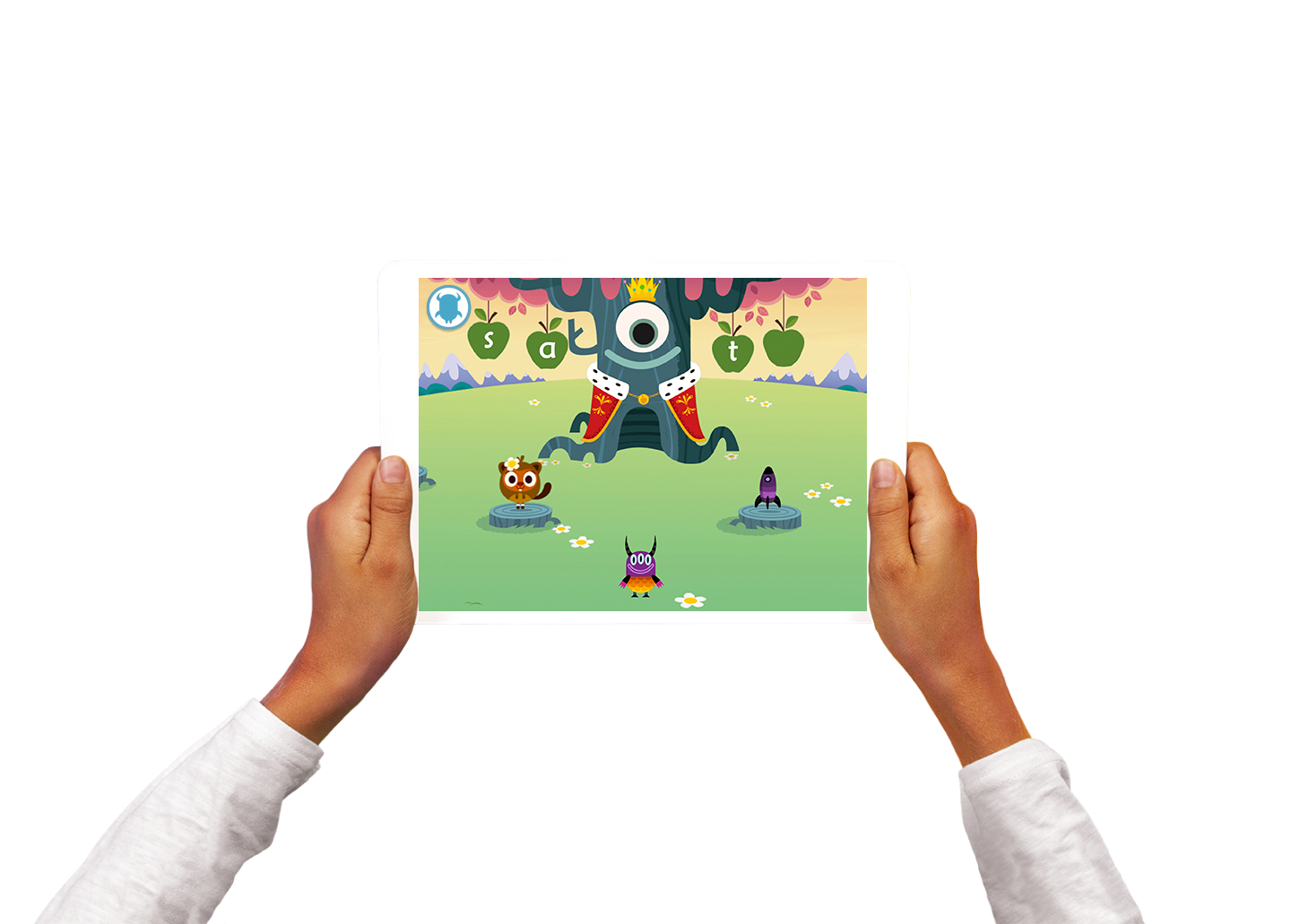
First Grade Newsletter!
Week of 9/9-9/13
Important Reminders
DLI Family Night 9/12: 5:00pm
Please make sure your students know how they are going home, and to let the front office know/ your child's teacher know if there are any changes.
Please pack a change of clothes for your students to keep in their backpacks. While we take many bathroom breaks throughout the day, accidents happen! By having a change of clothes in your students bag, it insures that your student has clothes they are comfortable changing into incase an accident happens. It also supports our clinic, who may be running low on extra clothes.
Upcoming Events
Coming up:
9/12: Progress Reports go home
9/19: Fall Picture Day
9/23-9/27: FALL BREAK: NO SCHOOL
Meet the Team
Ms. Kuranda (First grade Team Lead)
Mrs. Gonzalez-Soto
Ms. Sheilds
Mrs. Sato
Ms. Reed: EIP Support
jmanning@marietta-city.k12.ga.us
From our ESOL:
Great info on how to incorporate storytelling as part of your everyday life:
English:
https://www.colorincolorado.org/article/getting-ready-read-using-storytelling-rhymes-and-more
Spanish:
https://www.colorincolorado.org/es/articulo/historias-familiares
From EIP: Ms. Reed
Skip counting: skip counting is a method of counting forwards or backwards by numbers other than 1. For example, counting by 2s looks like: 2, 4, 6, 8, 10, 12, 14, 16, 18, 20. 1st graders need to learn how to skip count by 2, 5, and 10. Skip counting helps kids become more efficient when counting large groups of numbers. Skip counting also helps kids develop their number sense by noticing patterns in numbers. See the videos below,
From Our Reading Specialist
Hello Park Street Parents,
This is Ms. Flanagin, 1st grade reading specialist. Did you know that the grocery store is a GREAT way to help your child reinforce their literacy and language skill? When you are shopping with your child try some of these activities.
Lots of grocery items come in different flavors. Ask your child to help you find a particular flavor by finding the beginning sounds found on the labels. For example, can she find the low fat milk by looking for the letter L? The tuna fish packed in water? She’ll be using her reading skills to find the right item.
Put your child in charge of the grocery list. As you put items into the cart, ask your child to cross it off the list. If you buy an item that wasn’t on your list, ask him to add it. Don’t worry if the spelling isn’t correct. See if they can add to the list using appropriate beginning sounds as well as a few other consonant sounds in the word. For example, if your child wanted to add the word “pizza” to the list, it would be appropriate for them to spell the word “pezzu”. The vowel sounds take a bit longer to identify. This will provide an opportunity to practice writing skills.
The produce section is a great place to hear new interesting vocabulary words. Words like rhubarb, asparagus, artichoke, and kiwi are fun to say, and fun to eat. As you introduce each one, use descriptive words to help your child learn. “A kiwi has a fuzzy outside, but the inside is bright green with black seeds!”
Happy shopping!
How to Help at Home:
Students should be reading at home every night.
Please make sure students are practicing the fluency homework that is being sent home. Students will be practicing the same passage for approximately 7 school days. (This is a passage form the text we are reading in class.)
Practice adding and subtracting problems within 10 and 20! Use things at home like beans, dried pasta, grapes, to help them add and take away!
Go over high frequency words with your students like:
the, I, a, said, to, do, of, see, he, be, me, from, look, book, are, was, you, what, have, your, want, no, go, so, goes, says, she, we, talk, walk, were, could, would, should, or, for.
Have students practice telling you how many tens and ones are in numbers that you see in when you're at the store, at a park, or just at your home.
Have students practice rereading books that they are familiar with to practice fluency, reading rate, and reading with expression.
How to help at Home from DLI:
Check out: Arbol ABC at arbolabc.com
Inside Our Classrooms:
What we learned this past week:
Reading: This week we began our study of "My Librarian is a Camel". Students learned how real countries get access to books, taking a closer look into different countries, cultures, and access to books.
Phonics: This week student began CVCe words like, cake, bite, plate, ride; with a focus on the long A and long I sounds.
Writing: Students began looking at informational writing, and how to make their own informational writing pieces.
Math: Students compared numbers within 120, focusing on the vocabulary: greater than, less, than, equal to.
Social Studies: We began a new unit this week focusing on plants and animals, and what they need to survive. This week students will be learning about the parts of a plant and what they need to survive.
What we will learn this week:
Reading: This week we are continuing our study of "My Librarian is a Camel". Students will learn how real countries get access to books, Taking a closer look into different countries, cultures, and access to books.
Phonics: Students will continue working on CVCe pattern working with magic e, like in the words: Pete, eve, tote, poke. Focusing on the Long E and Long O sounds.
Writing: Students will begin looking at informational writing, and how to make their own informational writing pieces.
Math: Students will begin looking at collecting, interpreting, and representing data.
Social Studies: We will be continuing our unit focusing on plants and animals, and what they need to survive. This week students will be learning about the parts of a plant and what they need to survive.
PTA School Spirit Store
At the Givebacks link below you will find our PTA School Spirit Store! Please check it out! All proceeds come right back to Park Street!
Uniform Reminder
Reminder that all students should be wearing tennis shoes every day.











